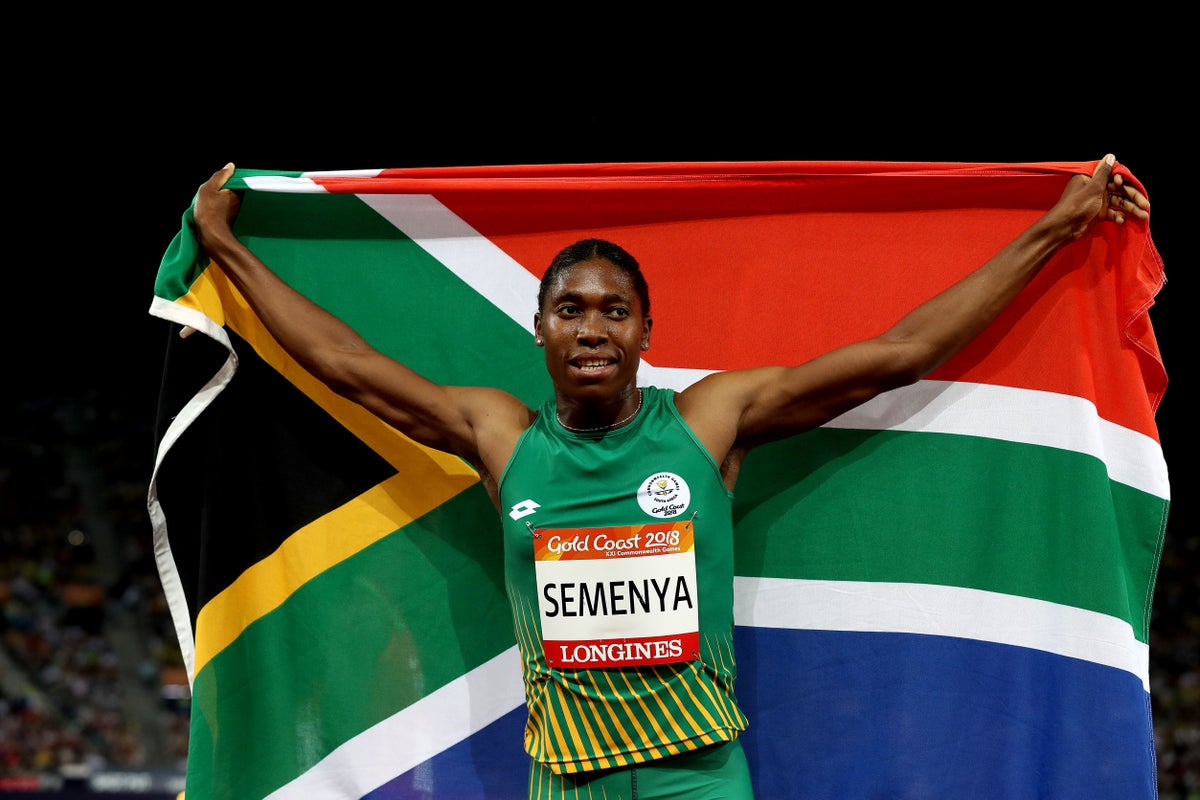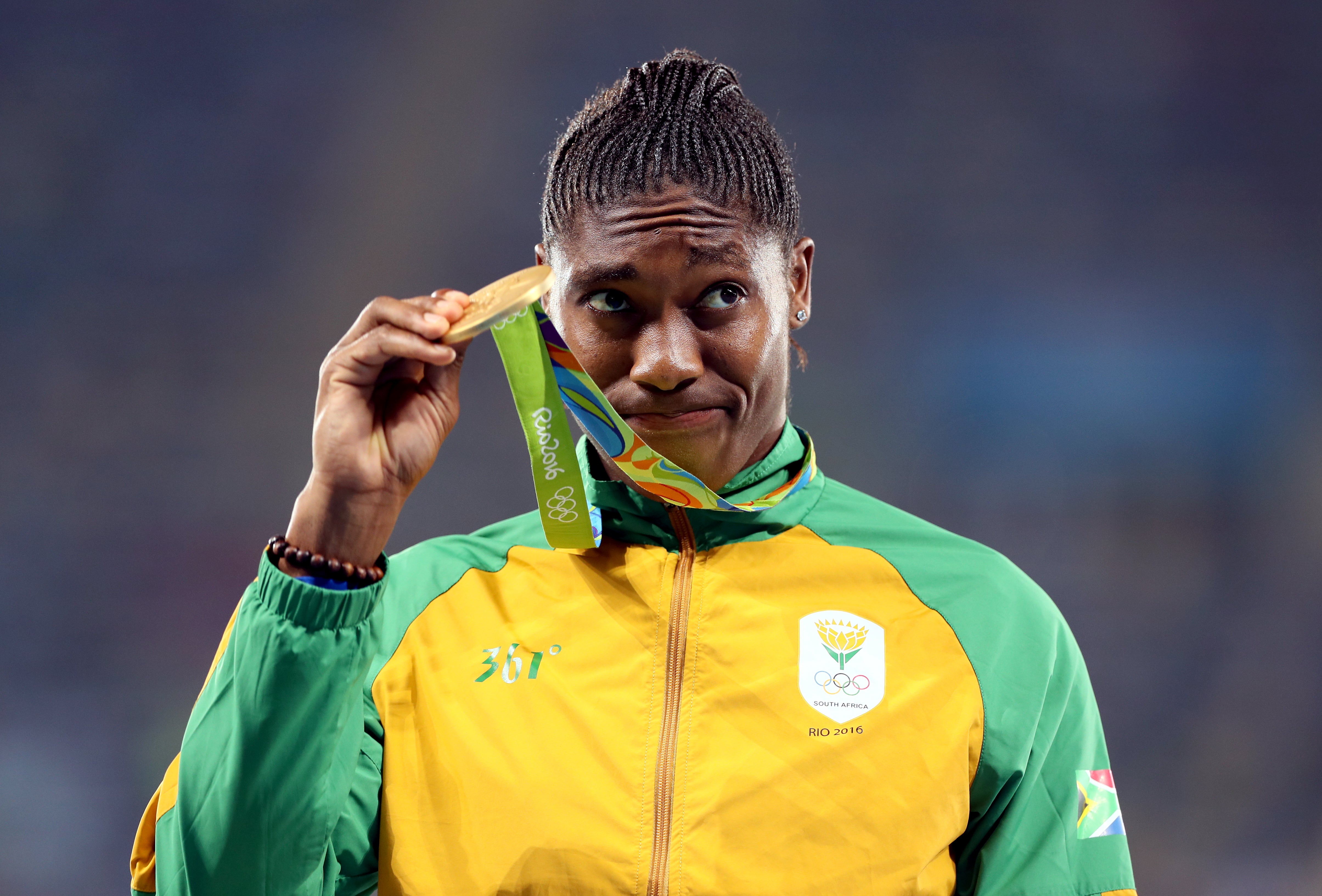
Track and field athlete Caster Semenya's right to a fair hearing was violated by the Swiss judicial system, the Grand Chamber of the European Court of Human Rights (ECHR) has ruled.
The 34-year-old has been unable to compete in her favoured 800 metres event since 2019, following the introduction of limits on testosterone levels for female athletes by World Athletics.
Semenya was legally identified as female at birth but has a condition which means her body naturally produces higher levels of testosterone than women without the condition.
She was unsuccessful in challenging World Athletics' rules at the Court of Arbitration for Sport (CAS) and the Swiss federal court, but in July 2023 a lower chamber of the ECHR found her rights had been violated by the Swiss government because it had failed to provide sufficient safeguards for her complaint to be examined effectively.
The Swiss government referred the case to the ECHR's Grand Chamber in November 2023 and on Thursday morning, it was announced its judges had found by a 15 to two majority that Semenya's rights under Article 6 of the European Convention of Human Rights - the right to a fair hearing - had been violated.
A press release issued by the court said the judges had found the Swiss courts had "fallen short" in providing what they felt should have been a "rigorous judicial review that was commensurate with the seriousness of the personal rights at issue".
The ECHR ruling, which cannot be appealed, should mean the case returns to the Swiss federal court.
The Grand Chamber ruled by a majority of 13 to four that complaints under Article 8 (right to respect for private life), Article 13 (right to an effective remedy) and Article 14 (prohibition of discrimination) were inadmissible. It found Semenya did not fall within Switzerland's jurisdiction in respect of those complaints.

Seema Patel, an associate professor specialising in sports law at the Nottingham Law School, had said prior to the Semenya decision being handed down that it would be a "pivotal moment for how sport engages with human rights in its rule making".
World Athletics has not been a party to either of the ECHR proceedings but at the time of the 2023 ruling by the lower chamber it said it stood by its rules on lowering testosterone, describing them as "a necessary, reasonable and proportionate means of protecting fair competition in the female category".
Earlier this year, track and field's global governing body strengthened its rules in this area further when its ruling council approved the introduction of cheek swab tests to determine biological sex.
The introduction of these tests are designed to ensure only athletes found to be biologically female can compete in the female category, effectively barring transgender women and some athletes with differences of sexual development (DSD).
Semenya's legal team and World Athletics have been contacted for comment following the Grand Chamber ruling.
PA


.jpg?w=600)




